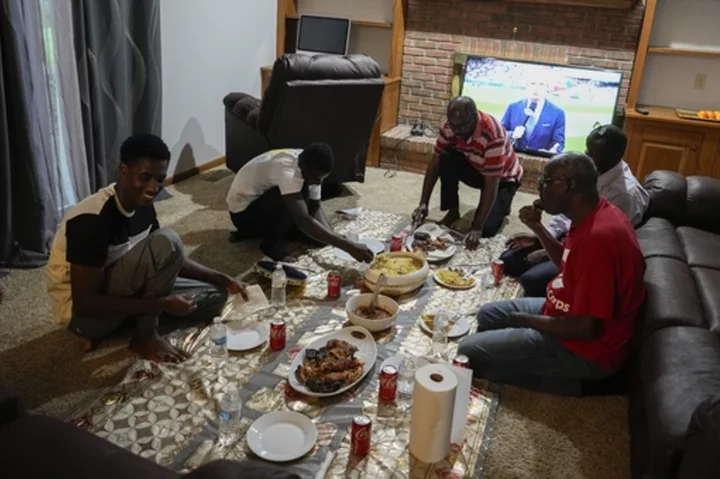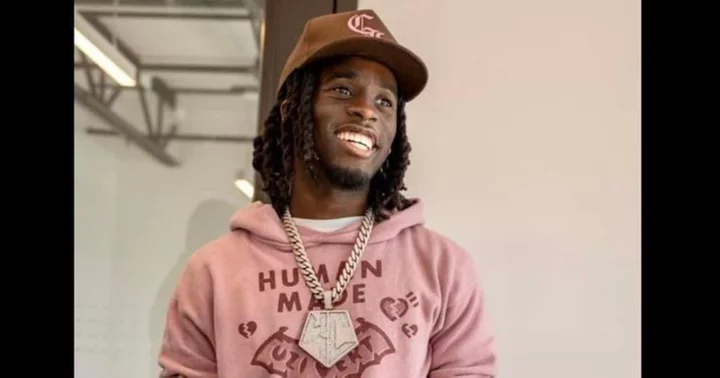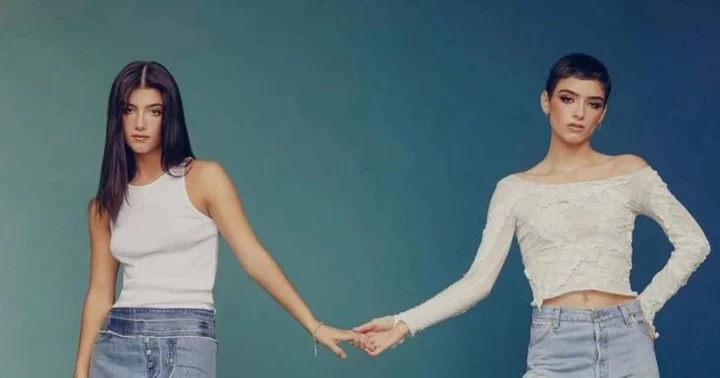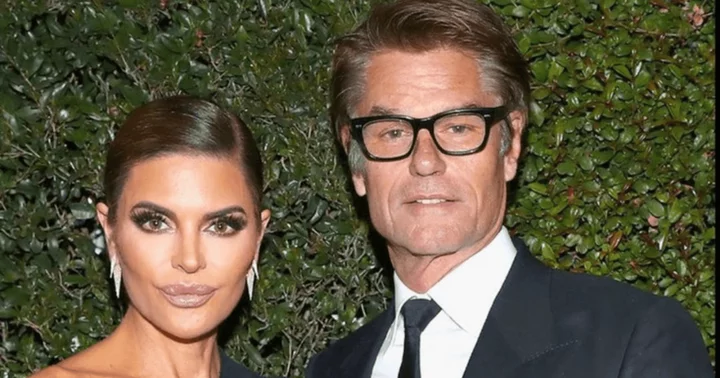
Morrow Sodali Names Barri Rafferty as CEO of the Americas
NEW YORK--(BUSINESS WIRE)--Sep 5, 2023--
2023-09-05 20:22

Once a target of pro-Trump anger, the U.S. archivist is prepping her agency for a digital flood
The new National Archives leader's nomination was swept up into the partisan furor over the criminal documents-hoarding case against ex-President Donald Trump
2023-08-11 05:15

Stock market today: Asian shares mixed as Japan reports weaker than expected trade data
Asian shares are mixed after Japan reported weaker than expected trade data for June, with imports falling nearly 13% from a year earlier
2023-07-20 14:21

Deranged Message Directed to 'Becky' Displayed On Giant Coors Field Scoreboard
Coors Field scoreboard message goes viral.
2023-07-20 03:52

Want to live in London or New York? Good luck if you're renting
In May, Viveca Chow hurriedly transferred $3,700 over her phone while standing in the lobby of a building in Queens, New York. She made the upfront payment to secure an apartment minutes after seeing it.
2023-09-23 12:27

Thousands more Mauritanians are making their way to the US, thanks to a route spread on social media
Thousands of migrants from the West African country of Mauritania have arrived in the U.S. in recent months, following a new route taking them to Nicaragua and up through the southern border
2023-08-19 12:55

Michael Strahan’s 'GMA' hosting duties take a hit as he skips morning show after hectic NFL gig
Michael Strahan missed yet another episode of 'GMA' tending to his new anchoring duties at Fox
2023-09-26 11:52

What is NPC trend on TikTok? Kai Cenat stuns fans by revealing 1-hour live stream earnings, trolls label him 'cringe monkey'
Twitch streamer Kai Cenat embraced the NPC trend on TikTok, imitating scripted reactions of video game characters during a live stream
2023-07-21 14:57

Charlie Puth gives heartfelt live tribute to Matthew Perry as entire audience joins in
Charlie Puth rendered a piano version of 'Friends' theme song 'I'll Be There For You' as a tribute to Matthew Perry
2023-10-30 14:52

Graceland Prepares for Exciting Summer with a New Exhibit, All-American Weekend, Elvis Week, Live Concerts and More
MEMPHIS, Tenn.--(BUSINESS WIRE)--May 24, 2023--
2023-05-24 21:29

Vikings confirm Cousins is done for the season with a torn Achilles tendon in a devastating blow
Kirk Cousins is out for the rest of the season with a torn right Achilles tendon
2023-10-31 02:22

Lala Kent feels she shouldn't have been so critical of Raquel Leviss at 'Vanderpump Rules' reunion, says 'I felt dirty'
'It can be rough and you have to know when you're on a show like this and you make bad decisions,' said Raquel Leviss
2023-06-10 03:27
You Might Like...

Identifying every player on EA Sports FC 24 Ultimate Edition cover

Why would Man Utd want Andre Onana?

Notre Dame vs. NC State weather delay updates: When will game restart?

Panthers win home opener, hold off Toronto 3-1 in playoff rematch

Frugal but fun: 'Simpsons' and podcast star Yeardley Smith on wealth

MLB Rumors: Cardinals poaching Cubs, Braves trade indication, Astros losing legend

Charli D'Amelio and Dixie D'Amelio's wardrobe switch-up wows at 2023 MTV Video Music Awards

Are Lisa Rinna and Harry Hamlin having money woes? 'RHOBH' couple takes loans worth $4.3M on their $4.9M Beverly Hills mansion
